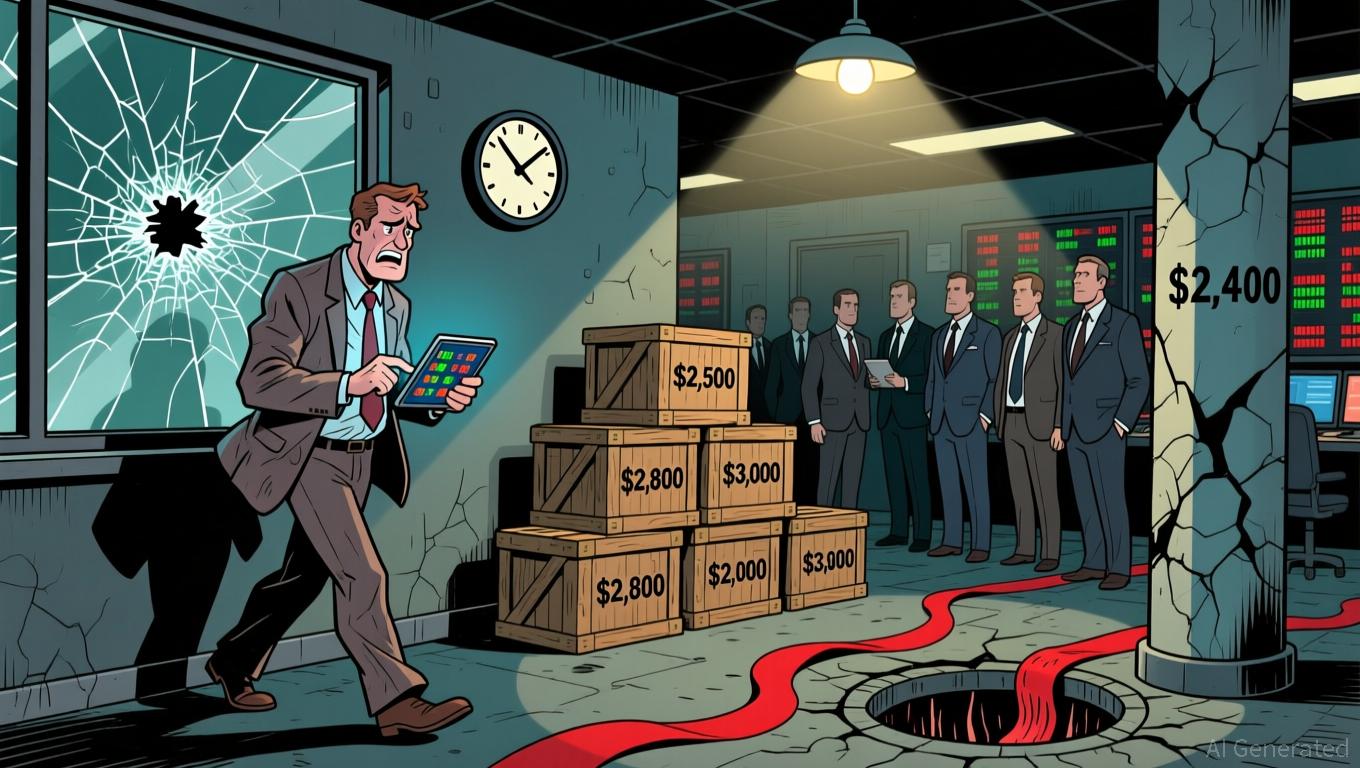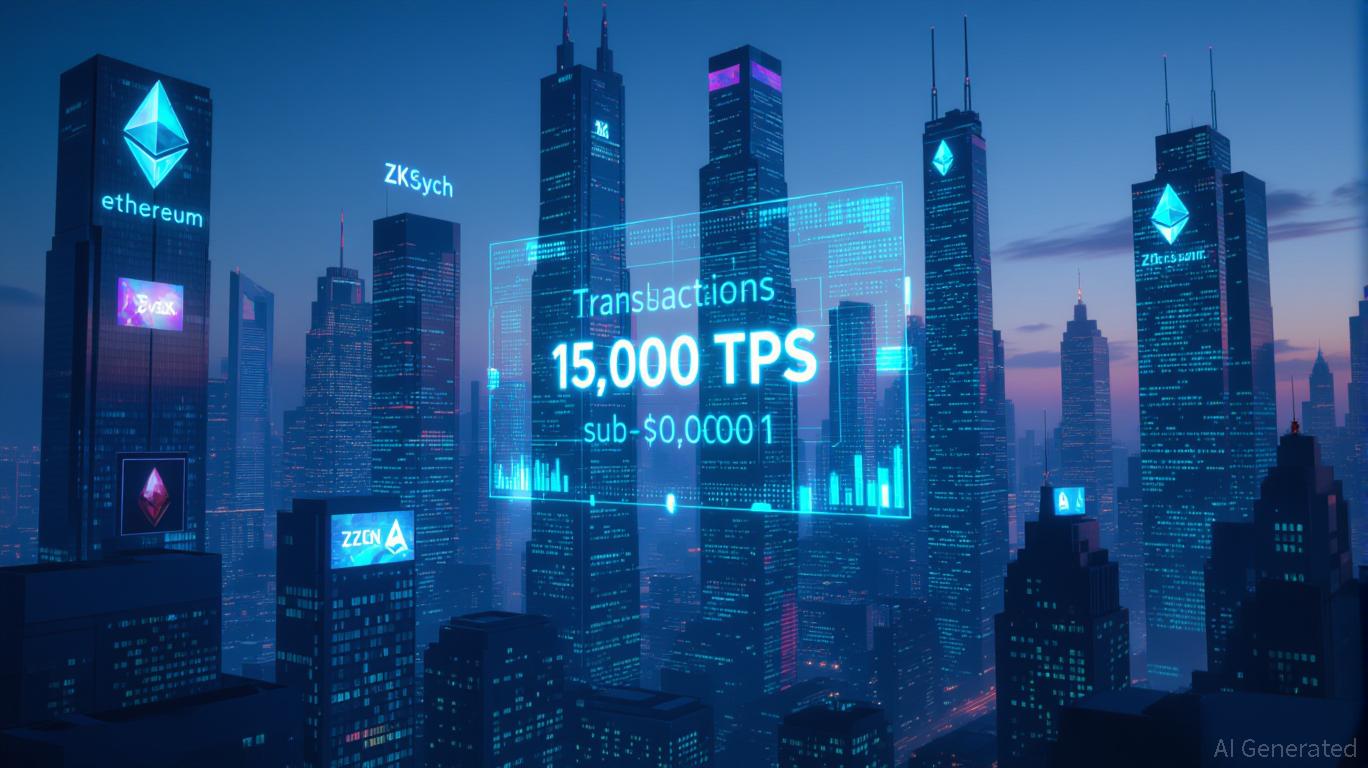North Korea has infiltrated up to 20% of crypto firms, security expert says
Up to one-fifth of all crypto companies may have North Korean workers embedded in their operations, a security expert warned at Devconnect in Buenos Aires.
- Up to 20% of crypto companies may unknowingly have North Korean workers embedded.
- An estimated 30–40% of crypto job applicants are DPRK attempts to infiltrate firms.
- North Korea has stolen over $3B in crypto in three years, funding nuclear programs.
Pablo Sabbatella, who founded web3 audit firm Opsek and serves as a Security Alliance member, shared estimates that suggest the problem extends far beyond isolated incidents.
Job applications flooding into crypto firms show an even more troubling picture. Sabbatella estimates that roughly 30% to 40% of applicants are North Korean attempts at gaining employment.
Sanctions evasion through identity theft schemes
International sanctions prevent North Koreans from applying for jobs under their real identities. The workaround involves recruiting people in other countries to serve as fake employees.
Freelance platforms like Upwork and Freelancer have become hunting grounds for these recruiters, who target workers in Ukraine, the Philippines, and similar nations.
The arrangement splits earnings 80-20, with the North Korean agent taking the larger share. Collaborators provide verified credentials or allow remote use of their identity.
U.S. companies face particular targeting. North Korean agents claim to be non-English speaking Chinese applicants who need interview assistance.
The “front person” gets their computer infected with malware during this process and grants the agent access to American IP addresses and overall internet access than North Korea allows.
Companies often retain these workers long-term. “They work well, they work a lot, and they never complain,” Sabbatella told local news. Performance keeps suspicions low while access to sensitive systems grows.
Weak security practices enable massive theft operations
Pyongyang’s cyber operations have netted over $3 billion in stolen cryptocurrency across three years, according to U.S. Treasury Department figures from November.
The stolen funds flow directly into North Korea’s nuclear weapons development programs.
Sabbatella placed blame squarely on industry practices. Crypto companies show weaker operational security than any other computing sector, he argued.
Founders publicly reveal their identities, mishandle private keys, and succumb to manipulation tactics.
Disclaimer: The content of this article solely reflects the author's opinion and does not represent the platform in any capacity. This article is not intended to serve as a reference for making investment decisions.
You may also like
XRP News Today: Abu Dhabi’s Green Light Establishes UAE as a Pioneer in Stablecoin Development
- Ripple's RLUSD stablecoin gains Abu Dhabi regulatory approval as UAE advances digital finance leadership. - ADGM's "Accepted Fiat-Referenced Token" designation enables institutional use for lending and cross-border payments. - RLUSD's $1.2B market cap growth reflects institutional demand, backed by USD reserves and dual blockchain operations. - UAE's ADGM-DIFC regulatory synergy attracts global fintechs , with Ripple expanding partnerships across Africa and Asia. - Regulatory milestones position RLUSD to
Ethereum Updates: Ethereum Drops to $2,800, Prompting Surge in Demand for ZKP's Hardware-Based Presale
- Ethereum's price fell below $2,800, triggering $6.5M liquidations and testing critical support levels amid declining on-chain demand metrics. - Institutional players like BitMine accumulated 3.62M ETH (~$10.4B) despite the selloff, signaling long-term bullish conviction. - ZKP's hardware-driven presale gained traction with $17M in ready-to-ship Proof Pods and Miami Dolphins partnership for privacy-focused sports analytics. - Mutuum Finance's $19M DeFi presale and ZKP's auction model with $50K wallet caps

Vitalik Buterin Supports ZKsync: What This Means for Layer 2 Scaling
- Vitalik Buterin endorsed ZKsync in late 2025, highlighting its "underrated and valuable" work alongside the Atlas upgrade achieving 15,000 TPS and $0.0001 fees. - ZKsync's zero-knowledge rollups and EVM compatibility enabled institutional adoption by Deutsche Bank , Sony , and Goldman Sachs for cross-chain and enterprise use cases. - The Fusaka upgrade aims to double throughput to 30,000 TPS by December 2025, positioning ZKsync to compete with Polygon zkEVM and StarkNet in Ethereum's Layer 2 landscape. -

The ZK Atlas Enhancement: Revolutionizing Blockchain Scalability?
- ZKsync's 2025 Atlas Upgrade achieves 15,000–43,000 TPS with sub-1-second finality, addressing Ethereum L2 scalability bottlenecks via Airbender proofs and modular OS. - DeFi protocols like Aave and Lido leverage ZKsync's $0.0001/tx costs to unify liquidity, while Deutsche Bank and Sony adopt its trustless cross-chain infrastructure for compliance and transparency. - ZK token surged 150% post-upgrade, with TVL hitting $3.3B and analysts projecting 60.7% CAGR for ZK Layer-2 solutions by 2031 amid instituti

